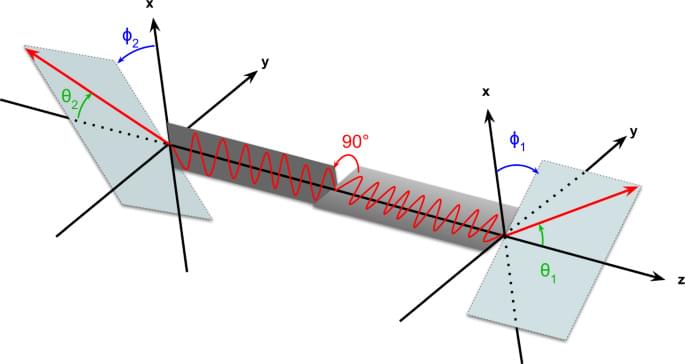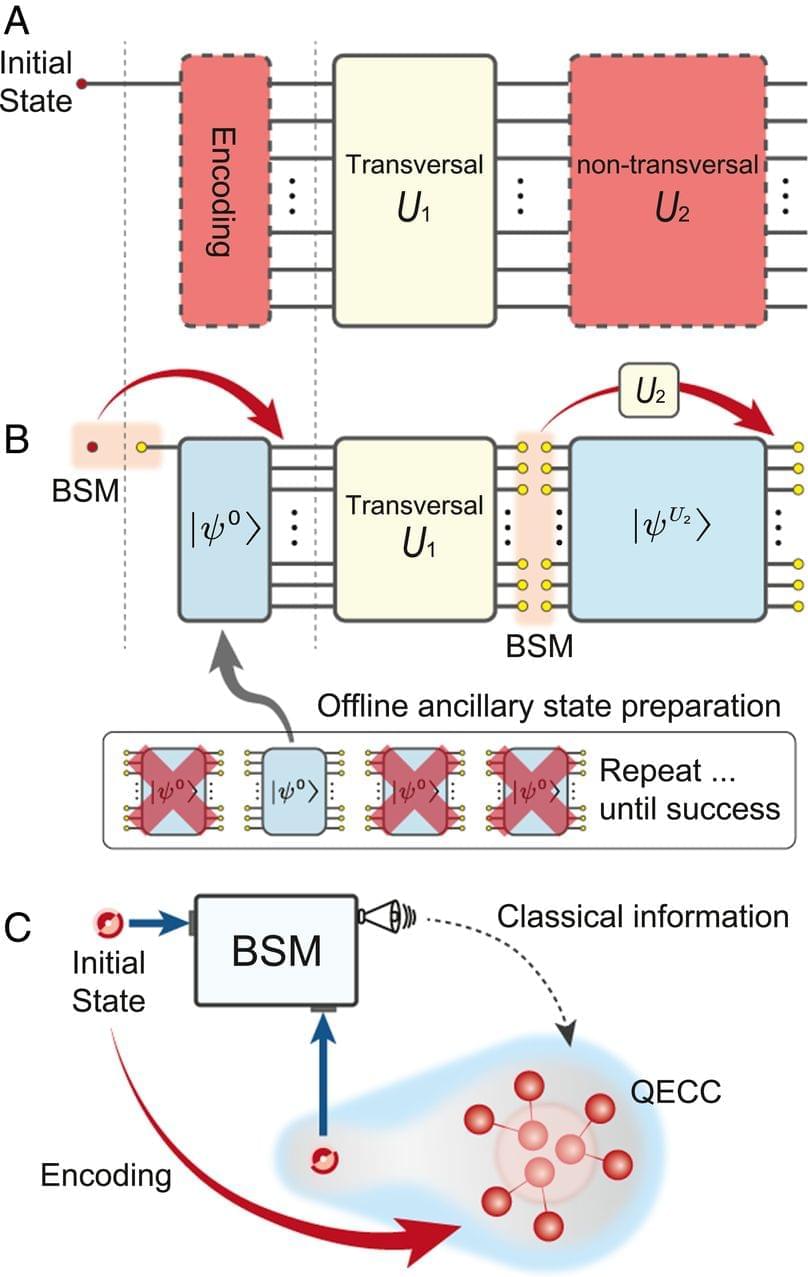Theories that try to explain these big metaphysical mysteries fall short, making agnosticism the only sensible stance.
Category: quantum physics – Page 736


Quantum Machines plans to expand quantum orchestration platform with $50M investment
Quantum Machines, an Israeli startup that is building the classical hardware and software infrastructure to help run quantum machines, announced a $50 million Series B investment today.
Today’s round was led by Red Dot Capital Partners with help from Exor, Claridge Israel, Samsung NEXT, Valor Equity Partners, Atreides Management, LP, as well as TLV Partners, Battery Ventures, 2i Ventures and other existing investors. The company has now raised approximately $83 million, according to Crunchbase data.
While quantum computing in general is in its early days, Quantum Machines has developed a nice niche by building a hardware and software system, what they call The Quantum Orchestration Platform, that helps run the burgeoning quantum machines, leaving it plenty of room to grow as the industry develops.


Photon quantum entanglement in the MeV regime and its application in PET imaging
Gamma photons used in positron emission tomography are predicted to be produced in an entangled state. Here, the authors simulate the effects of entanglement and test them through comparison with experimental data from a PET demonstrator apparatus, showing the potential gains in background suppression.

Quantum teleportation of physical qubits into logical code spaces
Quantum computers in regular logical computers.
Quantum teleportation and quantum error correction play crucial roles in fault-tolerant quantum computing. Here, we implemented error-correctable quantum teleportation to manipulate a logical qubit and observed the protection of quantum information. Our work presents a useful technology for scalable quantum computing and can serve as a quantum simulator for holographic quantum gravity.
Quantum error correction is an essential tool for reliably performing tasks for processing quantum information on a large scale. However, integration into quantum circuits to achieve these tasks is problematic when one realizes that nontransverse operations, which are essential for universal quantum computation, lead to the spread of errors. Quantum gate teleportation has been proposed as an elegant solution for this. Here, one replaces these fragile, nontransverse inline gates with the generation of specific, highly entangled offline resource states that can be teleported into the circuit to implement the nontransverse gate. As the first important step, we create a maximally entangled state between a physical and an error-correctable logical qubit and use it as a teleportation resource. We then demonstrate the teleportation of quantum information encoded on the physical qubit into the error-corrected logical qubit with fidelities up to 0.786.

Quantum Computing Breakthrough: Entanglement of Three Spin Qubits Achieved in Silicon
A three-qubit entangled state has been realized in a fully controllable array of spin qubits in silicon.
An all-RIKEN team has increased the number of silicon-based spin qubits that can be entangled from two to three, highlighting the potential of spin qubits for realizing multi-qubit quantum algorithms.
Quantum computers have the potential to leave conventional computers in the dust when performing certain types of calculations. They are based on quantum bits, or qubits, the quantum equivalent of the bits that conventional computers use.

Unexpected Peaks in Spectrum Upset Conventional Models of Exotic Quantum Material
Mott Insulator Exhibits a Sharp Response to Electron Injection In a finding that will give theorists plenty to ponder, an all-RIKEN team has observed an unexpected response in an exotic material known as a Mott insulator when they injected electrons into it. This observation promises to give physicists new insights into such materials, which are closely related to high-temperature superconductors.


Large-Scale Simulations Of The Brain May Need To Wait For Quantum Computers
And, we have Quantum Computers of course, and they’ll be radically more advanced by 2025.
Why quantum computers, if successfully built, might be what neuroscientists need to carry out large multi-scale simulations of the brain. In fact, it will likely be impossible to do so without them, or some computationally equivalent technology.